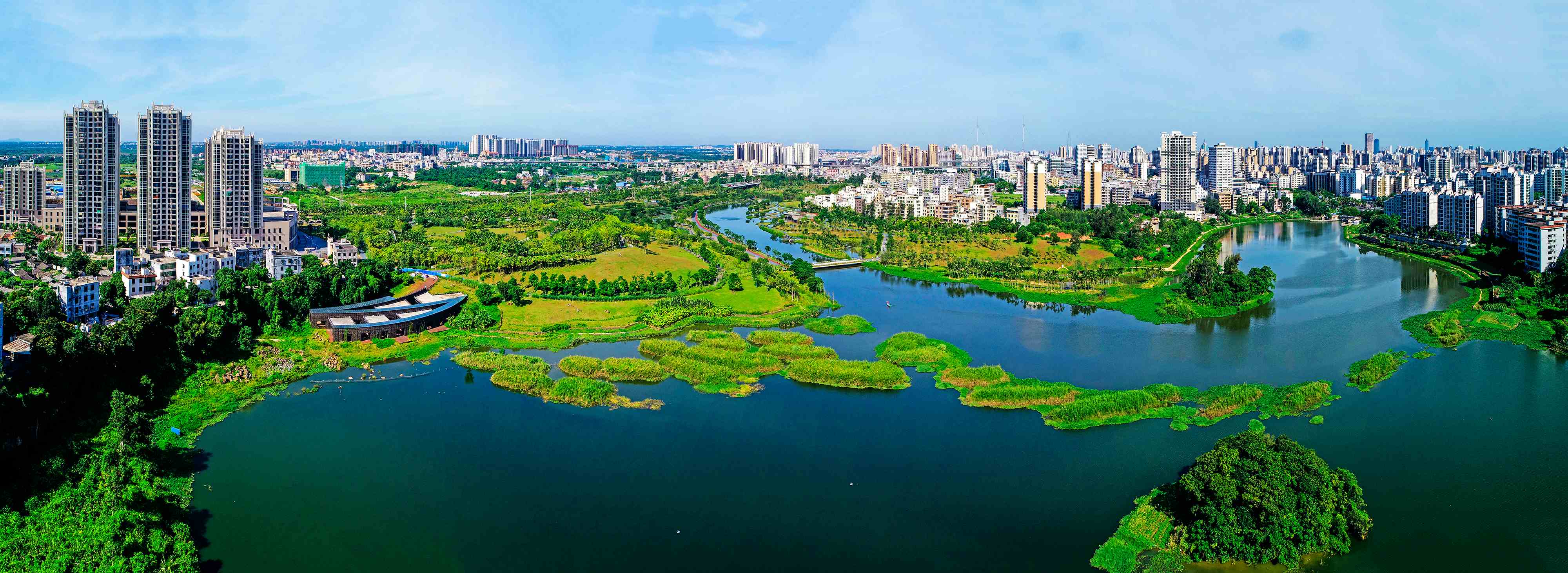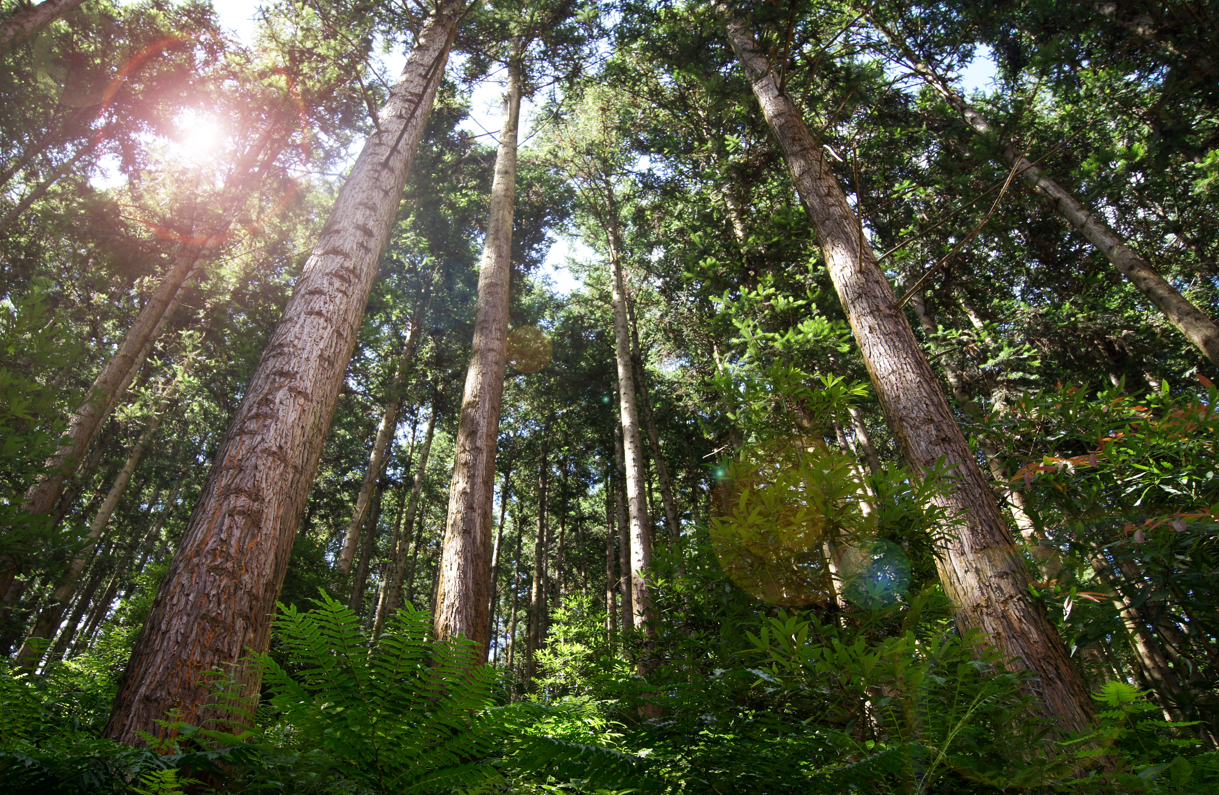On June 16, 2022, the 244th session of the China Ecological Forum, the Paulson Institute, the China Coastal Wetland Conservation Network, Lao Niu Foundation, and the Institute of Geographical Sciences and Natural Resources Research of the Chinese Academy of Sciences hosted the Paulson Prize for Sustainability (Paulson Prize or Prize) Experience Sharing Session. The online event gathered the juries of the Paulson Prize, conservation experts, and previous winners of the Prize’s Nature Stewardship Category to share their experiences on the theme of “The Paulson Prize and its role in biodiversity conservation.” They exchanged in-depth information on the direction, measures, and keys to transformative change in China’s conservation and sustainable use of biodiversity amidst the current biodiversity crisis. They also introduced best practices of biodiversity conservation at home and abroad to promote more innovative nature conservation and help the construction of ecological civilization. Mr. Yaqiang An, the Secretary-General of Lao Niu Foundation, moderated the event. The live broadcast was watched by nearly 200 participants from coastal wetland conservation network members, government agencies, research institutes, and NGOs.
Professor Rui Yang, Paulson Prize juror and Dean of the National Park Research Institute of Tsinghua University, explained the why, what, and how of the transformative changes for biodiversity conservation in China. He suggested that the government and relevant departments recognize and implement the necessary transformative changes to support biodiversity conservation. Those changes include mainstreaming conservation awareness, integrating conservation and utilization, minimizing spatial conflict between the urban and conservation systems to establish a global policy framework for biodiversity conservation and green development, and advocating citizen-based conservation actions. In particular, Professor Yang pointed out that the reform of China’s ecological civilization system is unprecedented. China is fully equipped and capable of transforming biodiversity conservation in the overall eco-civilization framework.

Dr. Huidong Wang, Chief Conservation Officer of The Nature Conservancy (TNC) China Program as one of the supporting institutions for the Prize, presented two excellent cases of TNC’s work: Seychelles “debt swap” and Alabama Living Shorelines. The Seychelles case combines financial innovation and debt crisis with nature conservation, converting debt into sustainable natural resources, solving a sovereign country’s debt crisis while promoting ecological protection and sustainable development in the region. The Alabama Living Shorelines project combines artificial hardened shoreline structures with plant or other natural elements through nature-based solutions to stabilize estuarine coasts, bays, and tributaries.
Professor Keping Ma, Co-chair, Prize Jury Committee and Deputy Director-General and Secretary-General for Biodiversity Committee of the Chinese Academy of Sciences, reviewed the outcomes of the first phase of the CBD COP 15 and the opportunities and challenges for biodiversity conservation in China. He also commented on the new trends and scientific approaches to achieve the Post-2020 biodiversity targets and pointed out how the Paulson Prize could help accomplish these targets. Professor Ma suggested government leadership and active participation from all societies are needed to reduce and eliminate threats to biodiversity. Putting nature on a path to recovery requires three critical elements: conservation, restoration, and sustainable production and consumption.

The “Haikou Wetland Conservation and Restoration Project” and the “Shunchang County Forest Ecobank and Carbon Sink+ Project” were the winners of the Nature Stewardship category of the Paulson Prize in 2020 and 2021, respectively. Mr. Shubang Wu, Deputy Director of Haikou Wetland Protection and Management Centre, introduced their experience in wetland conservation and restoration in Haikou. Director Wu pointed out that Haikou has incorporated wetland conservation into the city’s Outline of the National Economy and Social Development Plan. The plan promotes the preservation and intelligent use of wetlands throughout Haikou by creating wetland tourism, agriculture, and leisure industries through the “wetland +” model tailored to local conditions. Haikou City concentrated efforts on five areas: top-down promotion, scientific planning, accelerated legislation, vigorous enforcement, and financial guarantee to promote the wetland conservation projects on the ground.

Mr. Gangyuan Zhao, Party Secretary of Shunchang State-owned Forest Farm, introduced the “Forest Ecological Bank and the Carbon Sink +” project in Shunchang County, Fujian province. The “Forest Ecology Bank” draws on the practices of commercial banks to integrate scattered and fragmented forest resources on a large scale and in an intensive manner with professional business operations. It achieves a win-win objective for all stakeholders to protect forests, which provides locals a long-term and stable income and for Forest Farm to make a profit. The project also uses the cooperation model of “carbon sink + finance” to contribute to carbon neutrality. It kicked off the first “One Yuan Carbon Sink” poverty alleviation pilot project in China, which not only finds a way to learn the value of forestry ecological products but also consolidates the achievements of poverty eradication and contributes to comprehensive rural revitalization.





